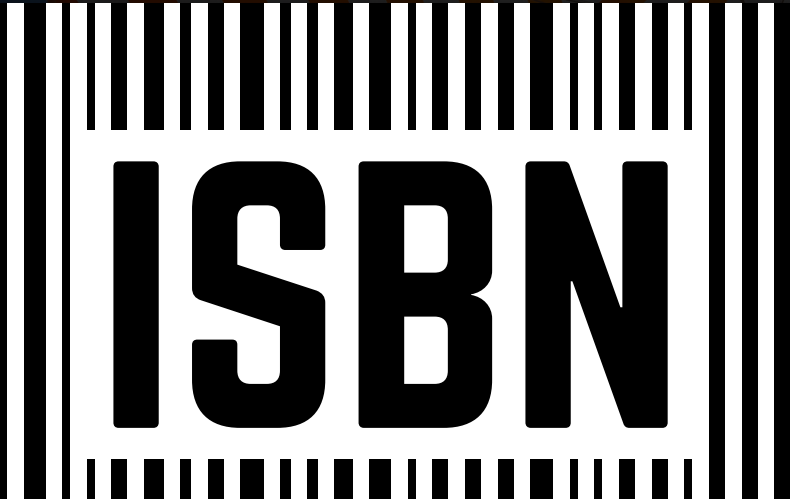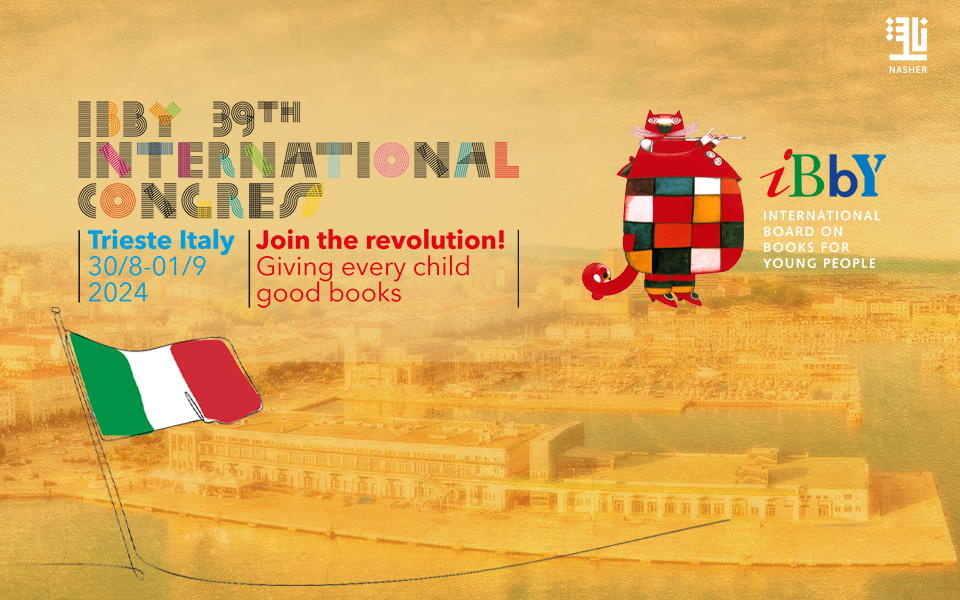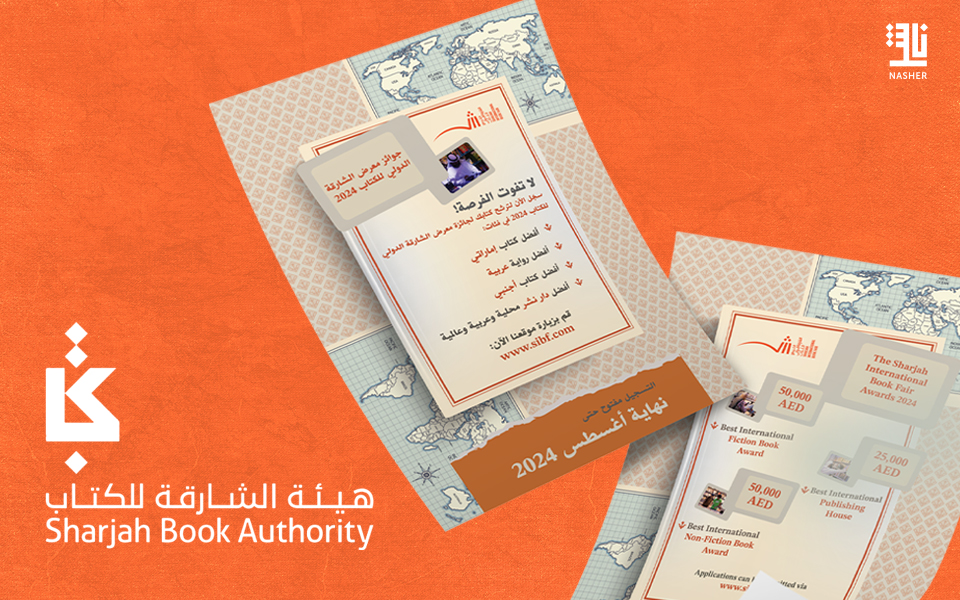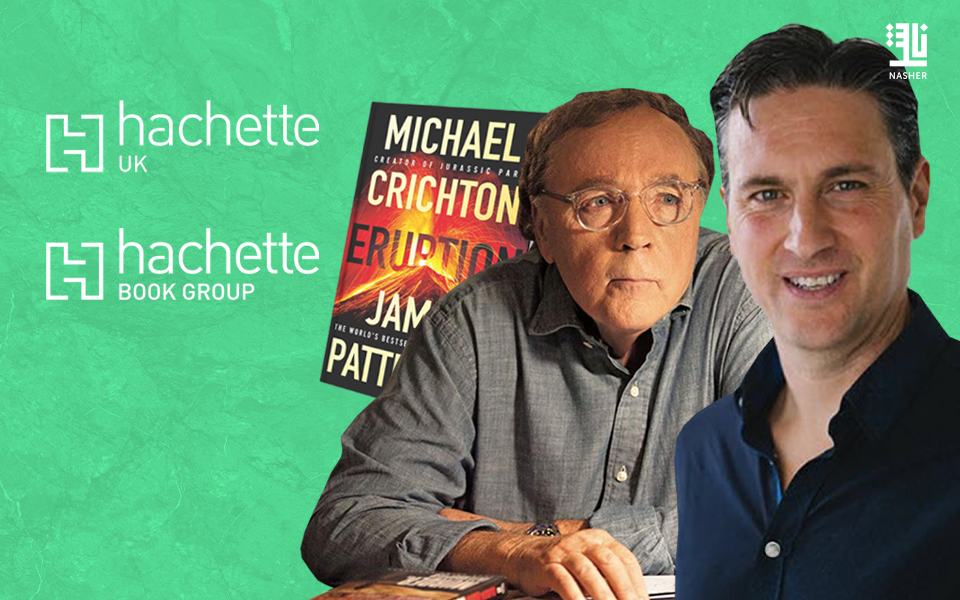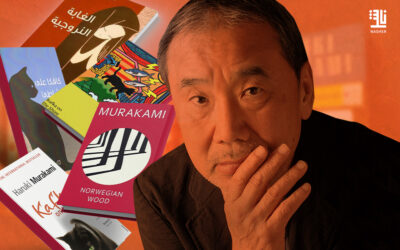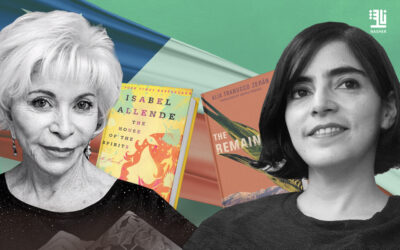International Standard Book Number (ISBN): A Global Identity that Facilitates the Transfer and Circulation of Knowledge
Given the sheer number of books contained in an average library, it is impressive to think how they are successfully classified and arranged on the shelves, and able to be easily retrieved.
The Library of Congress in Washington DC is the largest library in the world, with 29 million books and printed materials in 460 languages and more than 58 million documents. This is followed by the British Library in London, which contains nearly 14 million books. In towns and cities the world over there are archiving facilities with millions of books in different languages and subjects and with different publication dates. Added to this volume of stored work is the plethora of literature published daily across the world, with the United States alone publishing about 300,000 books annually.
How is this huge amount of knowledge classified and catalogued according to subject, year of issuance and language, thereby enabling researchers, academics and interested persons to locate them so easily?
The answer is the ‘Standard Number,’ or what is defined by specialists as ‘ISBN,’ an international standardisation system. The ‘International Standard Book Number,’ or ISBN ,is a modern tool that enables a researcher or reader to easily identify one or more editions, or titles which have been published by a specific publisher in a certain country. ISBN is a unique number for the title or edition, giving much information revealed by each digit of the number; in a way, it is similar to individuals’ identity numbers.
The standard book number is a global identity system. Each standard number is printed on its specified book preceded by ISBN letters. ISBN is similar to a barcode, which classifies consumer goods using a string of digits, with each one of them referring to a particular classification. It comprises ten digits, without using the number ‘10’ as one of these digits (i.e. zero to nine), and every group of these digits represents a certain encoding by which the category of the book – its provenance, language, publisher or title – can be revealed.
The history of ISBN dates back to 1970 when it was first introduced by the International Organization for Standardization in Geneva, Switzerland. First, it was 10 numbers; then it became 13 digits in January 2007, in line with the standards of ‘Book’s land,’ the term of an imaginary country established in the 1980s, in order to ensure the individualized code of the country is in alignment with European standards, so that books can be labelled with an international standard book number code.
The standard number consists of four parts, varying in length, separated from each other by a hyphen or space. The four parts involve a category that indicates a common denominator between publishers, such as a state, particular geographical area, or block, or a language. The second part is for the publisher, referring to a particular publisher within a category. Third is the title, which is determined for a single book or the different editions of the same book and the last part is the check digit consisting of one number that comes at the end of the previous three parts and is used in the automatic review.
ISBN imposes a number of conditions to ensure its effectiveness, including that it does not require obtaining a new standard number for reprinting the same book without any changes in the text with the same publisher, but it does require acquiring a new number upon printing a revised or with-additions edition of the same book. Obtaining a standard book number neither depends on the book’s language nor the nationality of its author or the place of its publication. In the case of book serials, then the entire parts have a specific number and each part separately gets its own number.
Since its creation, ISBN has been so successful in solving copyright, print, search, and other rights-related problems that it has become a tool established in most countries in the world. ISBN classifies published books in an easy, accurate, specific and practical manner, replacing the need to use a bibliographic long descriptor. It helps save effort, avoids mistakes and identifies to the reader that there is a particular book by publishing it within a published books’ guide according to the publisher, subject, and author. ISBN has become essential to the book trade as one can simply use this number instead of typing all of a book’s bibliographic information.
ISBN serves to help sellers record and save books in their bookstores, distributing those books to libraries and distribution companies and enabling the follow-up of purchase, sales and marketing. Publishers find it is necessary for books to have an ISBN in order to facilitate their purchase and distribution, as well as their categorization in public libraries. It also facilitates registration of the copyrights for publishers and authors.

